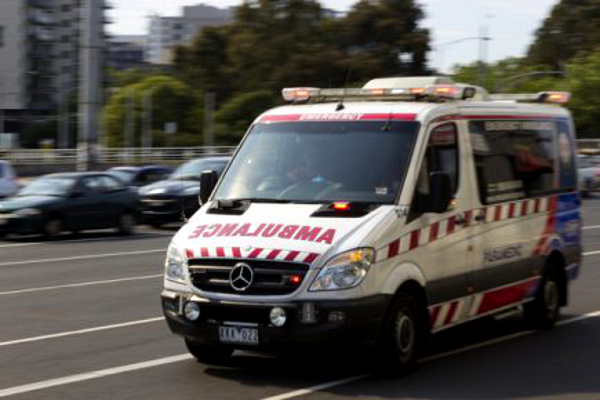By Alesha Capone
The average ambulance response time in Wyndham has increased by more than one minute, according to new figures from Ambulance Victoria.
During the first three months of this year, paramedics recorded an average response time of 11.18 minutes to code one call-outs in Wyndham (or 82.1 per cent of the 2295 code one call-outs in the area).
In comparison, within the first three months of 2019, paramedics responded to code one call-outs in Wyndham an average time of 10.02 minutes (or 90.3 per cent of the 2052 code one call-outs in the area).
The state government target for Ambulance Victoria is for paramedics to attend 85 per cent of code one cases within 15 minutes.
Code one call-outs are classified as the most urgent of cases requiring lights and sirens, such as a cardiac arrest or a serious traffic accident.
Ambulance Victoria metropolitan regional director Chris James said the organisation was continuing to provide “exceptional care” to the community during a period impacted by bushfires and coronavirus.
“Latest data shows emergency code one ambulance workload rose 6.5 per cent state-wide and 6.3 per cent across Melbourne and its suburbs in the first three months of 2020,” he said.
“While the full effects of the COVID-19 pandemic will become clearer over coming months, from early March, we noticed an increase in Triple Zero callers identified as potentially exposed to COVID-19 through their travel.
“In Wyndham, we responded to an extra 243 code one patients than for the same time last year – that’s a significant 11.8 per cent increase in demand.
“Our average code one response time of 11 minutes and 18 seconds was five seconds faster than it was for the last three months of 2019.”
Mr James said that for medical emergencies, what really matters is the care paramedics provide when they reach a patient.
“By providing the right assessment and treatment to the right patient at the right time, we are improving survival rates and outcomes, especially for people experiencing stroke, cardiac arrest, heart attack or major trauma,” he said.







